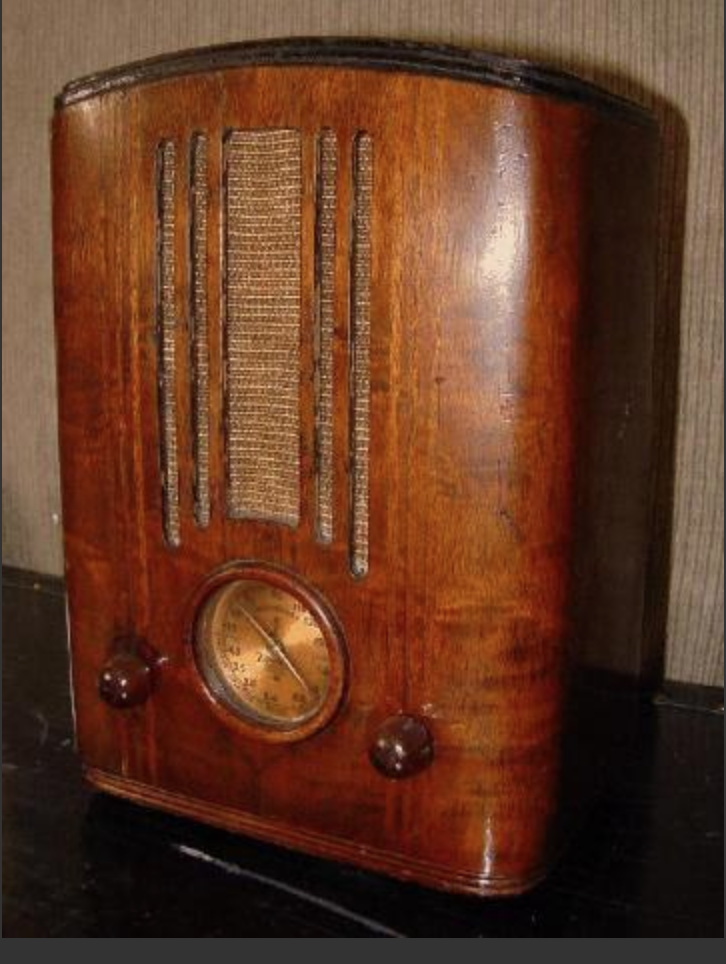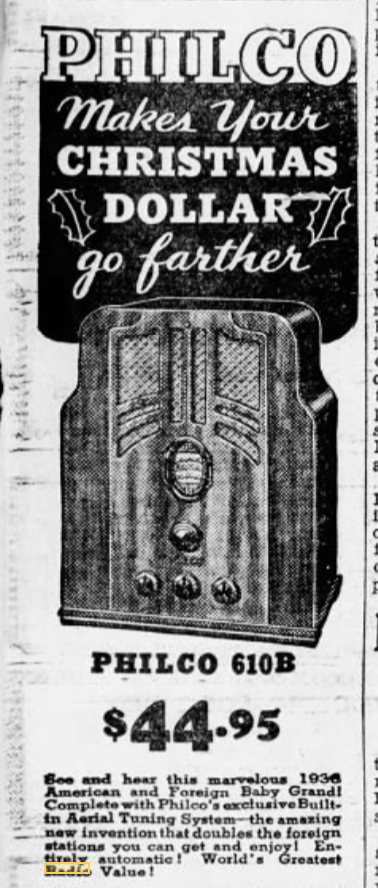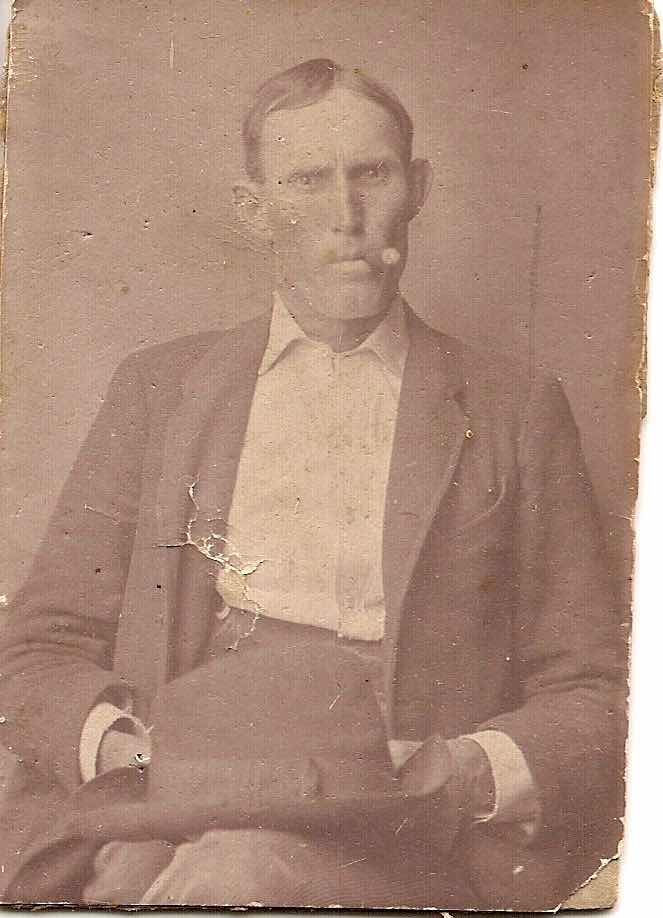
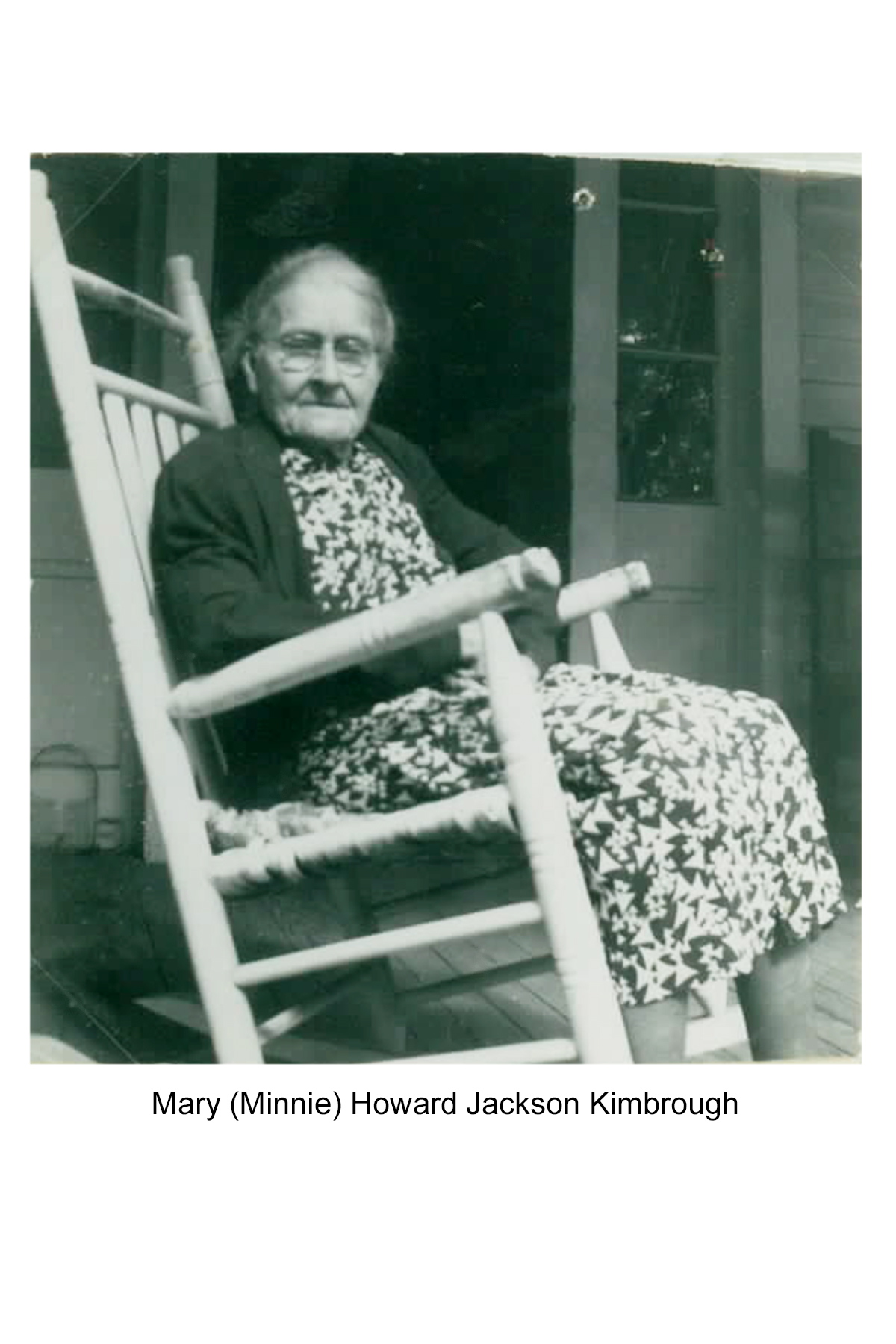
George H. Kimbrough- Private in the Spanish/American War
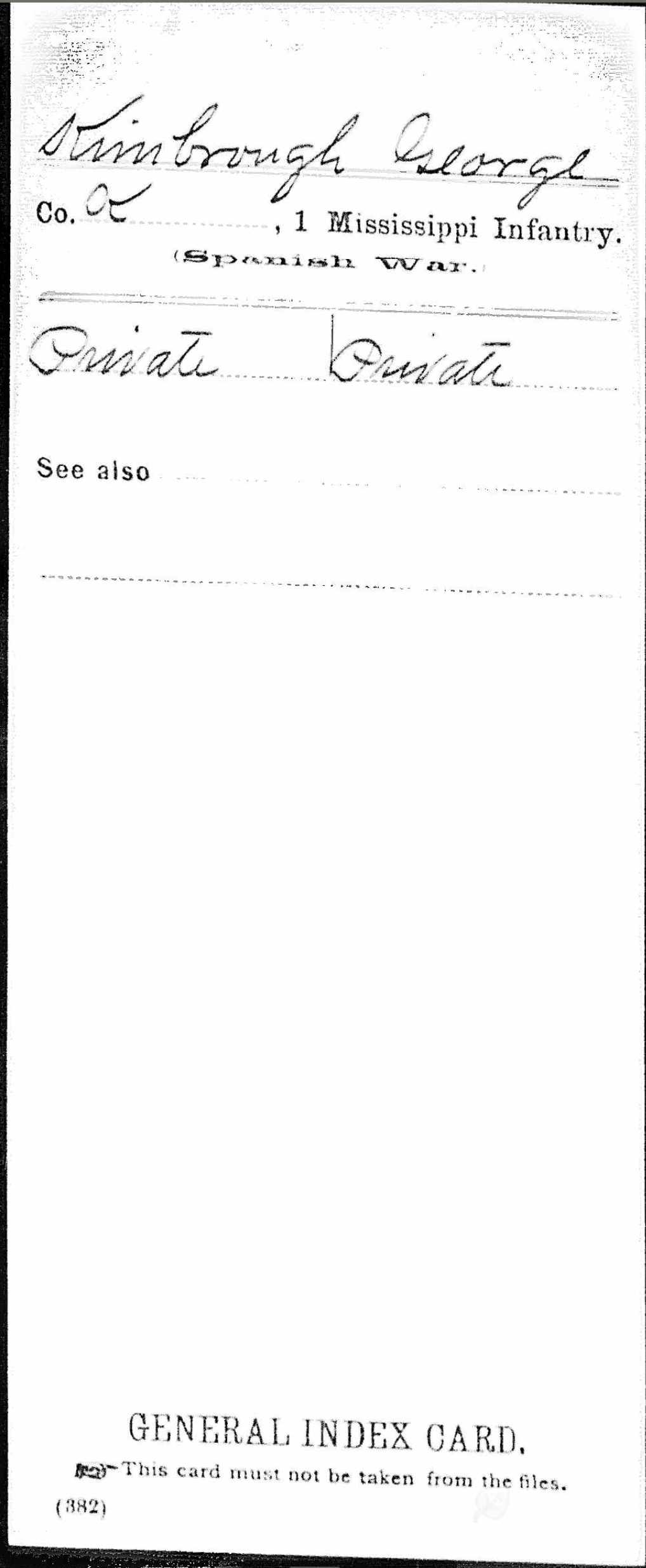
George was part of the 1st Mississippi Infantry- Company K… About the 1st Mississippi Infantry….The 1st Mississippi Volunteer Infantry served its term of service within the continental U.S. during the Spanish American War.
The History:
Following President McKinley‘s first call for volunteer on April 21, 1898, the First Missisippi Volunteer Infantry was mustered into service at Jackson, Mississippi between May 16 and May 26, 1898. At the time of mustering in, the regiment had forty-four officers and 947 enlisted men.
On May 30, 1898, the regiment left Jackson and proceeded to Camp Thomas, on the grounds of the former Civil War battefield of Chickamauga, Georgia, arriving on May 31 without arms or ammunition. The regiment was assigned to the Third Brigade, Second Division of the Third Army Corps. The Third Brigade was initally commanded by Col. Lucius Kendall of the 1st Maine Volunteer Infantry, who was succeeded by Brig. Gen. Charles P. Mattocks on June 29. The other regiments in the brigade were the 1st Maine Volunteer Infantry and the 52nd Iowa Volunteer Infantry.
While the regiment was at Camp Thomas, an armistice was agreed to between the U.S. and Spain on August 13, effectively ending the fighting, though a final peace treaty would not be signed until December 10, 1898. During its time at Camp Thomas, the men of the regiment were involved in being equipped, trained, and drilled. The regiment received uniforms on June 11, and was eventually equipped with Springfield Rifles, probably a reference to the outdated “trapdoor” rifle given to many of the rear-line regiments. One source, a Massachusetts newspaper commented that the regiment “made a good impression at Chickamauga [Camp Thomas]. Many of the men come from homes within sight of the gulf, and, if not all immunes, are all acclimated for service in Cuba.” This was referring to an errant belief that men from this area of the country would be immune to Cuba’s tropical diseases…a faulty theory which, luckily for the regiment, it never had to try out. Also, another witness mentions listening to the 1st Mississippi regimental band practicing in camp. Unfortunately, the review of the performance is not good, being described as “Rotten, Rotten,” with the band leader’s facial expressions indicating that he appeared to agree with the soldier-critic..
However, throughout the summer, conditions at the camp began to worsen as the camp swelled to a city of thirty thousand men, with inadequate sanitation and supplies. Disease climbed to alarming proportions. By the end of July and into August, the U.S. Army began relocating regiments to other, more healthy sites. Initially, it was aparently intended to sent the regiment to Anniston, Alabama, but, instead, the regiment was relocated to Lauderdale Springs, back in its home state of Mississippi, on September 8. Tensions must have been running high because on Septmber 6, Private Kinney of Company H assaulted Col. Govan and threatened to shoot the regiment’s adjutant, acts for which he was court-martialed and imprisoned. Comments had been made that 1st Mississippi’s camp lacked control since Govan was too lenient with his men.
Given the unhealthy conditions, and the apparent lack of need for troops, the First Mississippi was one of a number of regiments that requested to be released from service. The regiment was given a thirty day furlough, beginning on September 30. The furlough was eventually extended to November 28.
At the conclusion of its furlough, the regiment was sent to Columbia, Tennessee, where it was finally mustered out on December 20, 1898, ten days after the signing of the Treaty of Paris, ending the war. On the train trip from Columbia, Tennessee, it was reported that many in the regiment were drunk, shooting up houses en route, and taking shots at indivduals. Reportedly, one child, George Thomas was killed and his mother, Lucy mortally wounded by the guns of the regiment. Both were African American.
During it term of service, the regiment lost two officers and twenty-nine enlisted men to disease. In addition, one enlisted man was killed in an accident, fourteen ten men were discharged on disability, and twenty-eight men deserted.
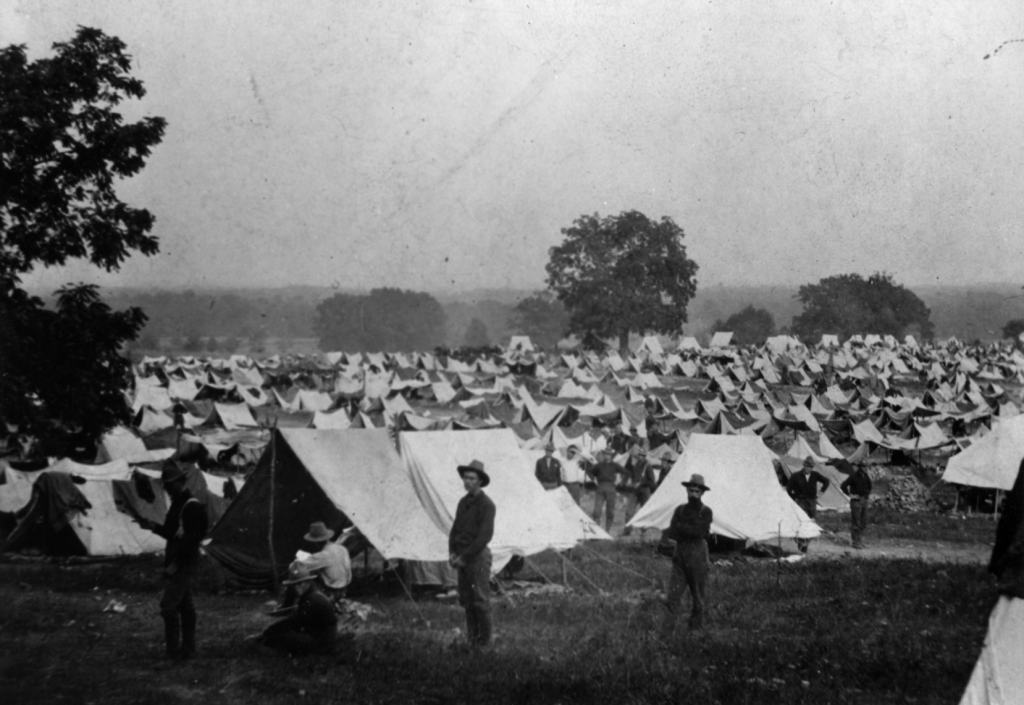
George Henry Kimbrough-- Private in the Spanish-American War 1898
George enlisted in the Spanish-American War in 1898 and headed off to Camp Thomas in Chattanooga/Chickamauga, Tennessee. His father had fought valiantly in the Civil War leading his men and now he asked his son to fight for the United States to help Cuba in their time of Crisis. He left for a camp that was destine to fail. When he arrived fifteen regiments had just departed to fight on the front line. This left 45, 000 men left in camp. I relate this story as found in Camilles history left in an old suitcase and passed on. Camille had gone back south and talked with many relatives and Aunt Carolyn describes how her Great Grandfather-John Wesley Kimbrough went to Tennessee to pick up her Grandfather because he was sick. “Disease and sickness had been present in the camp since. the first arrivals….
Harry Webber of the Eighth Massachusetts Regiment noted, “average volunteer had little discipline, and slight knowledge of sanitation. He was willing to fight as he had enlisted for that purpose but he rather resented as an invasion of personal rights, any attempt to dictate what he should eat or drink. He didn’t not accept in full faith the germ theory of disease, and was skeptical about the existence of bugs he could not see.”
This general lack of sanitation precautions, which most surgeons and examining boards agreed was the greatest cause of typhoid , began to have serious consequences in July. The number of sick, reported as just over 2,200 on July 5, had by August 18, increased to ver 6,100 including furloughed men– a figure that seemed to indicate an epidemic. The press spread the alarm with its stories of camp conditions that would cause such an outbreak. The New York Herald for instance published an account by a member of the Eight New York, who described Camp Thomas as “a perfect Hell on Earth. War itself would have been a paradise compared with the devastation at this camp. I saw many awful sights there– men dying under the trees for want of a glass of water. I found men who had been sick with typhoid fever for four days, and who had not received any medical attention. No one had even taken their temperature. It was awful… The water from the creek was simply mud, and yet the boys had to bathe in it and drink it. Everything about the camp was badly managed.” After investigating the camp the surgeon general issued General Order 114, furloughing sick and wounded men in all the camps to their homes for one month’s time, provided they were well enough to travel. And at the end of a month’s time 5,000 sick men were furloughed home to relieve the local hospitals. And on August 8th they broke camp to move away from the polluted area. A number of the worse stricken regiments were sent home, to be mustered out of service. They moved the camp to Knoxville, Tennessee and Lexington Kentucky . The large number of furloughs , and the return home of the most disease-ridden regiments left only 13,000 men in camp by August 31. Of the approximately 200,000 volunteer who enlisted in the spring and summer of 1898 to fight the Spanish, 136,000 never left the United States. Most of these soldier-civilians spent their brief military careers stagnating in places like Camp Thomas. Although the volunteer camps succeeded in their purpose of supplying a trained and equipped military force for service against the Spanish, they also were shameful failures. Disease and sickness took a greater toll of the soldiers in the volunteer camps than bullets taken from their comrades fighting in Cuba, the Philippines, and Puerto Rico. Camp Thomas more than any other camp, became the nations symbol of the government’s ineptitude in running the war. A Congressional Investigation after the war determined that disease killed 752 of Camp Thomas Soldiers, where as only 281 Soldiers were killed in battle during the “splendid little war.”
George Henry Kimbrough got sick along with many of the other soldiers at this camp and was furloughed home to convalesce. His father, John Wesley Kimbrough reaching George in time to take him home from such a discouraging military experience. Information from Aunt Carolyn. George’s Grand-daughter.
“Georgia Historical Quarterly, Army Life at Camp Thomas.” Vol 70 No. 4 pp. 633-656″
Learn More about Camp Thomas
Minnie H. Kimbrough applies for a Pension
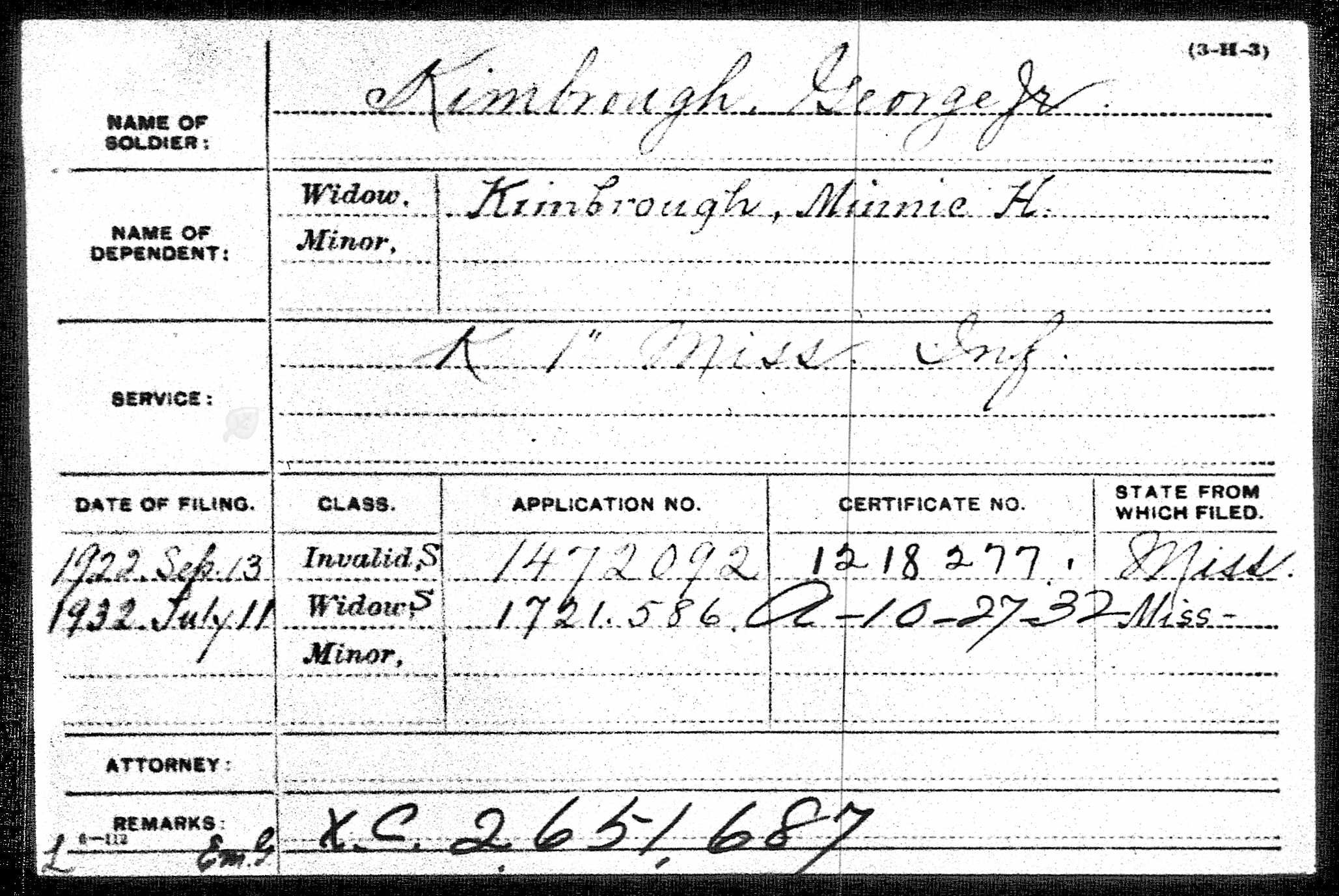
Minnie applied twice- Once in 1922 when her husband was still alive and the second time as a widow in 1932. He is listed as being in 1st Mississippi Infantry Company K as stated above.
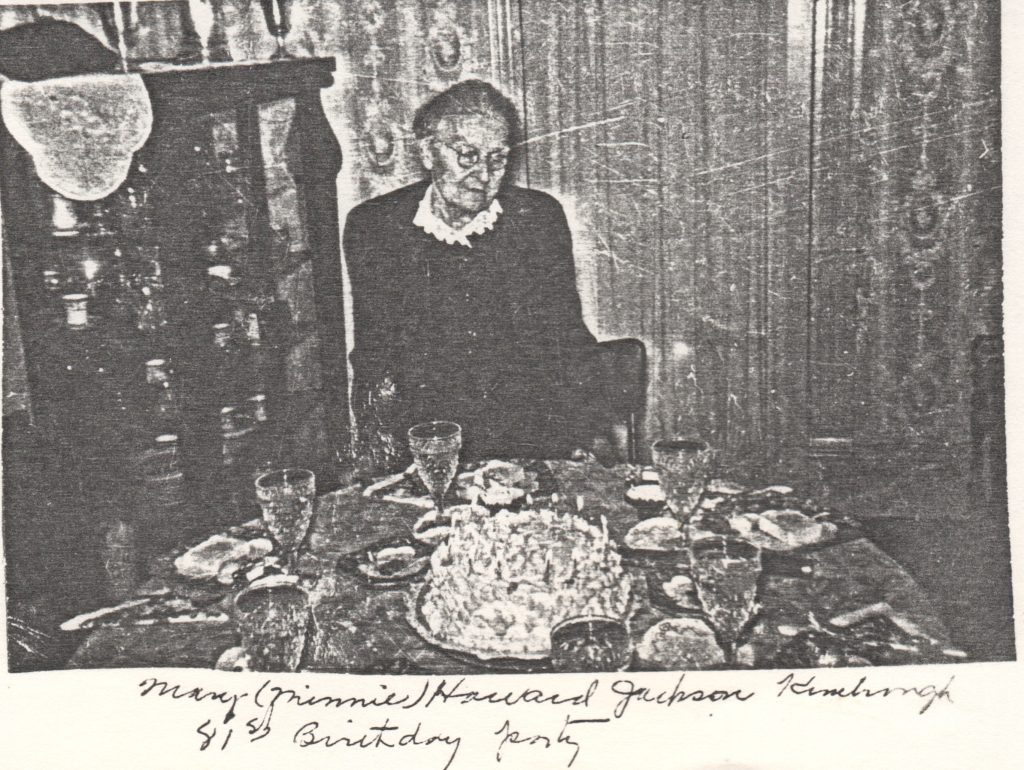
George was a struggling farmer and Mary raised turkey’s. “My mother always rode side saddle.” wrote Frances Kimbrough Gilbert. “Horse and buggy the only mode of transportation until around 1907 in Scooba. After struggling to make a living George Henry took the Civil service exam and bacame a postal mail carrier…”
Mary Howard Jackson Born Scooba, Kemper Mississippi March 1868. Died Sept. 1952
I must say here that one of my most cherished memories is that of one great lady, my mother! I recall with pleasure such things as her always cordial ways, her love and devotion for our Heavenly Father, for her husband, her children, as well as to all of her loved ones and many friend. She was small in stature with small features, brown hair and blue eyes. Shesang as she worked an it seems now that she sang all day long. Mama showed deep concern for the sick and needy. She maintained a vegetable and flower garden and was often seen visiting over the fence, giving the neighbors vegetables and flowers. We had a peach tree, a grape arbor and an apple tree. We children would climb the tree and eat green apples. Some managed to ripen in spite of us. Mama was a beautiful seamtress and did much fancy work such as knitting, crochet, embroidery, etc. She embroidery, for some rich Jewish ladies who lived in Meridian, Mississippi. They were friends of Mrs. Henry Rosenbaum, who was a friend and neighbor of ours. Mama did such lovely handiwork and knitted dozens of pairs of socks and sweaters for the soldiers during World War I. In my mind’s eye, I can still see my mother sitting on the porch in the afernoons doing fancy work. She seemed so calm and peaceful. The money made from her handwork paid for our music lessons. She sewed for my children until her health failed- Pernicious anemia, and not well for some years before she died of pneumonia. A fun loving person who loved the Lord, loved life, laughed a lot, sang a lot. Always wanting to help anyone any time she could.
Mama carried on in her own sweet way. If a tramp came by, as they did in those days, Mama would feed them, I have known her to give her last $5.00 to one who was in need. The largest thing she had was her heart. Her edifice of strength still calms my fears’ she left a light to shine through all the years. My Mother! Frances Steele Kimbrough
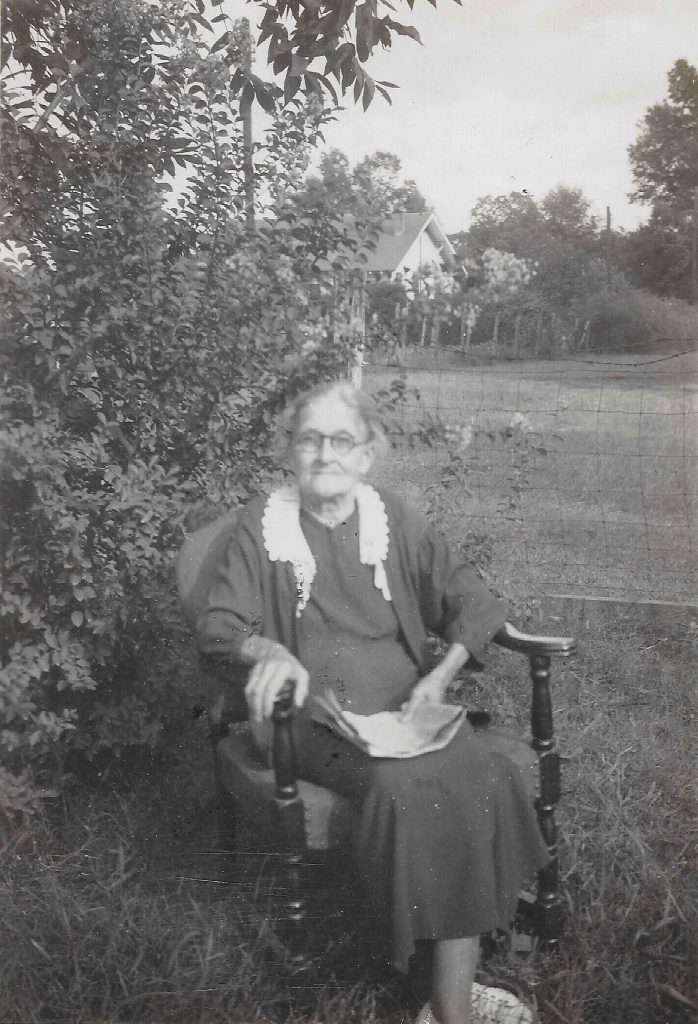
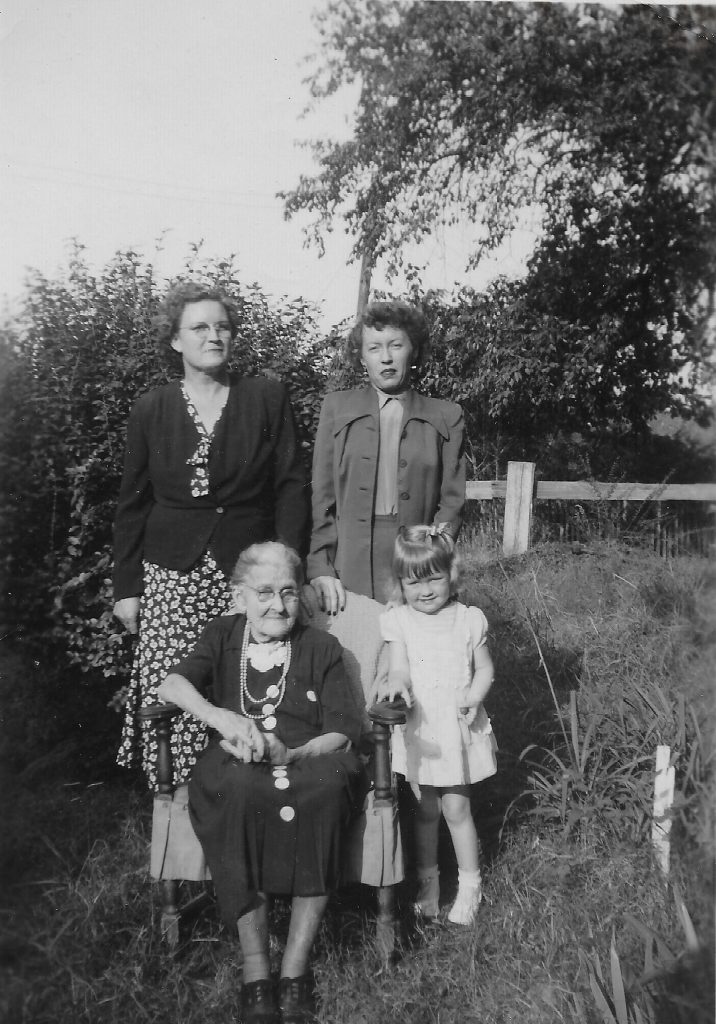
George Henry Kimbrough
Scooba, Kemper Co. Mississippi. Born 1867 Died 1932
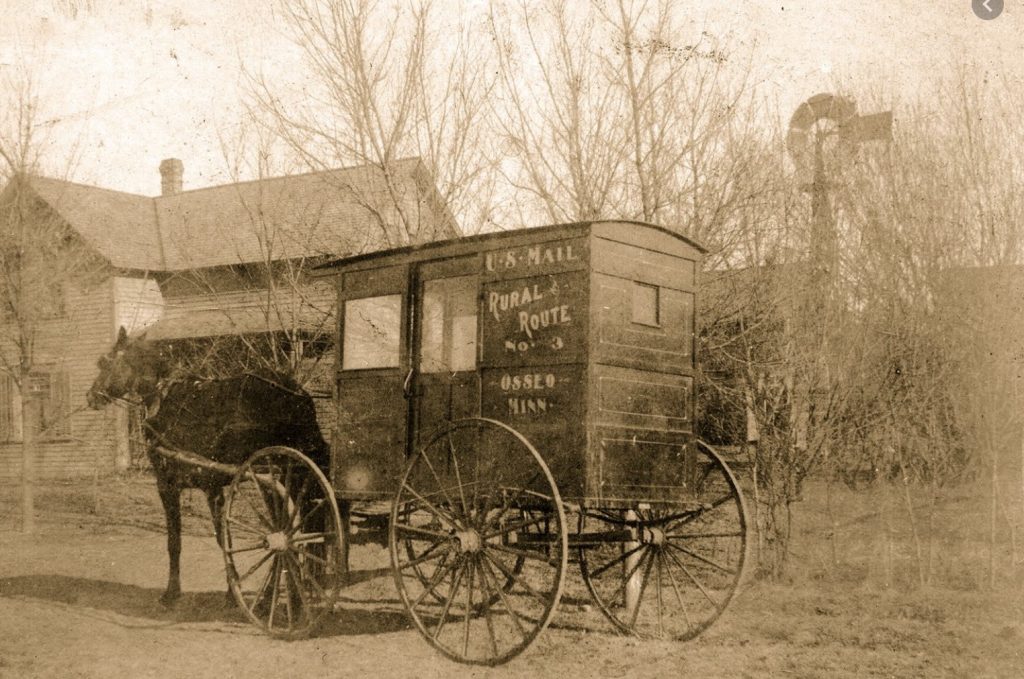
A narrative by Frances Steele Kimbrough (George’s daughter)
Papa was a good, honest man- tall with brown eyes, auburn-brown hair, high forehead, typical Scotch-English, and perhaps some Irish. He served in the Spanish-American Army and was stationed at Chattanooga, Tennessee. He became ill with pneumonia, and Grandpa (John Wesley Kimbrough/Civil War Veteran) went there and brought him home. Many things I could have learned had I but known that one day I would be writing this. I don’t know whether or not he went back to Chattanooga or in the Army. He loved my children and would take them on a pillow to show the neighbors when they were quite tiny. He said he wanted to play with them while they were little and before they got big and saucy.
Papa usually had some interesting tales to tell us of experiences on his mail route of the kind and interesting people he would see each day. He learned to love them, and they loved him and looked forward to his arrival. They wanted to get the news, a letter, a check perhaps, or only to break the monotony. Papa would give them the news of happenings around town. Often he was invited for lunch with one or another. He told us about the day he was having lunch with one family. They served fresh boiled cabbage and I don’t know what else, that wasn’t important. He found a little green worm in the cabbage on his plate. He carefully pushed it of the edge of his plate and under a small piece of cabbage leaf. He forgot about it and when he had finished eating, he remembered and looked for it only to find he had eaten it! Another time he had lunch with a family and could hardly eat because the lady who served was barefoot. Just little things along the way that amused us. Sounds strange in this day when people dress so casually. I don’t remember seeing my mother walk across the floor bare foot. Have you noticed I seldom do?
Papa carried the mail in a cart for many years, and Billy was the pretty red pony he drove. Billy was kind of like people to us, very gentle and we loved him. There were other horses, but not so special. We could ride Billy and drive him and the cart on the side streets. That was fun for us, and often the neighbors’ children joined us. When cars became fairly plentiful, Papa bought a Saxon. How exciting! Uncle Tommie had the first car in Scooba, a Ford sedan. Now we had a car, too. Papa somehow managed to have a little accident. We never knew just what happened. When we asked him about it, he just laughed and said he tried to drive it up a telephone pole. My dad… George Henry Kimbrough —By Frances Steele Kimbrough
Recolletion of my Grandfather– Papa
By Camille Helm Lundeen his grand-daughter
Oldest child and son of John Wesley and Elizabeth Steele Kimbrough(Betty). He was born just a couple of years after the end of the Civil War when there were huge changes taking place in the nation. He was born to Farmers that had to figure out how to farm after the emancipation proclamation that freed all the slaves. He farmed. In the 1910 Census he was farming . In the 1920 Census he’s recorded as a Mail Carrier. Elizabeth Camille Helm recalls how he loved to bring bananas and candy to his grandchildren and carried them around on a pillow to show them off to the neighbors when they were born.
Radio was still being refined and good listening was hindered somewhat by much static. Since we had no radio, we often went to Momo’s house to listen, especially on Wednesday nights, for the Hit Parade where the ten top musical hits were played weekly. Television was unheard of at that time.
Papa and Momo’s home had always been the family gathering place on Thanksgiving and Christmas holidays and othe special occasions. Their home was one block from downtown Scooba.

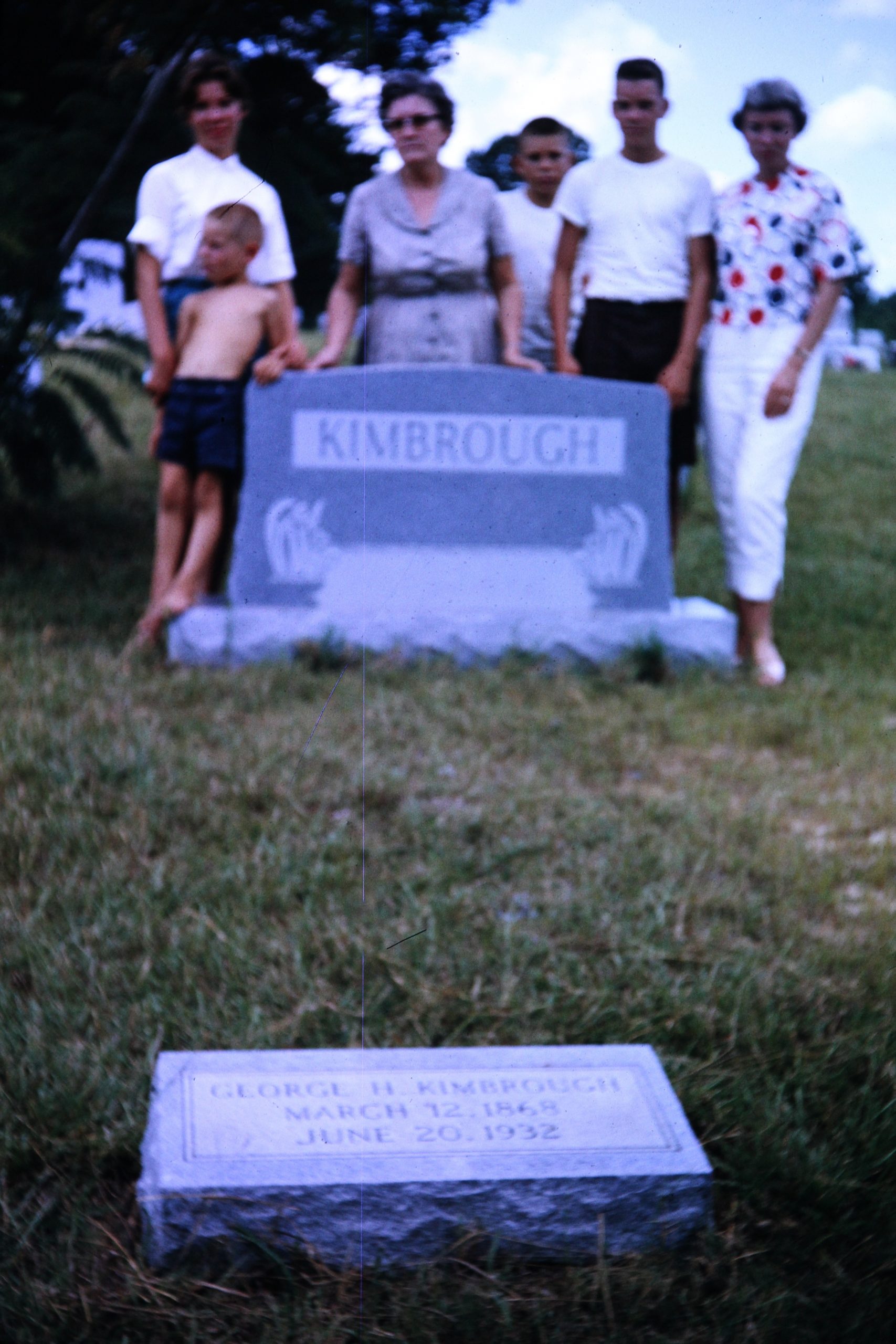
Minnie Howard Kimbrough's Obituary
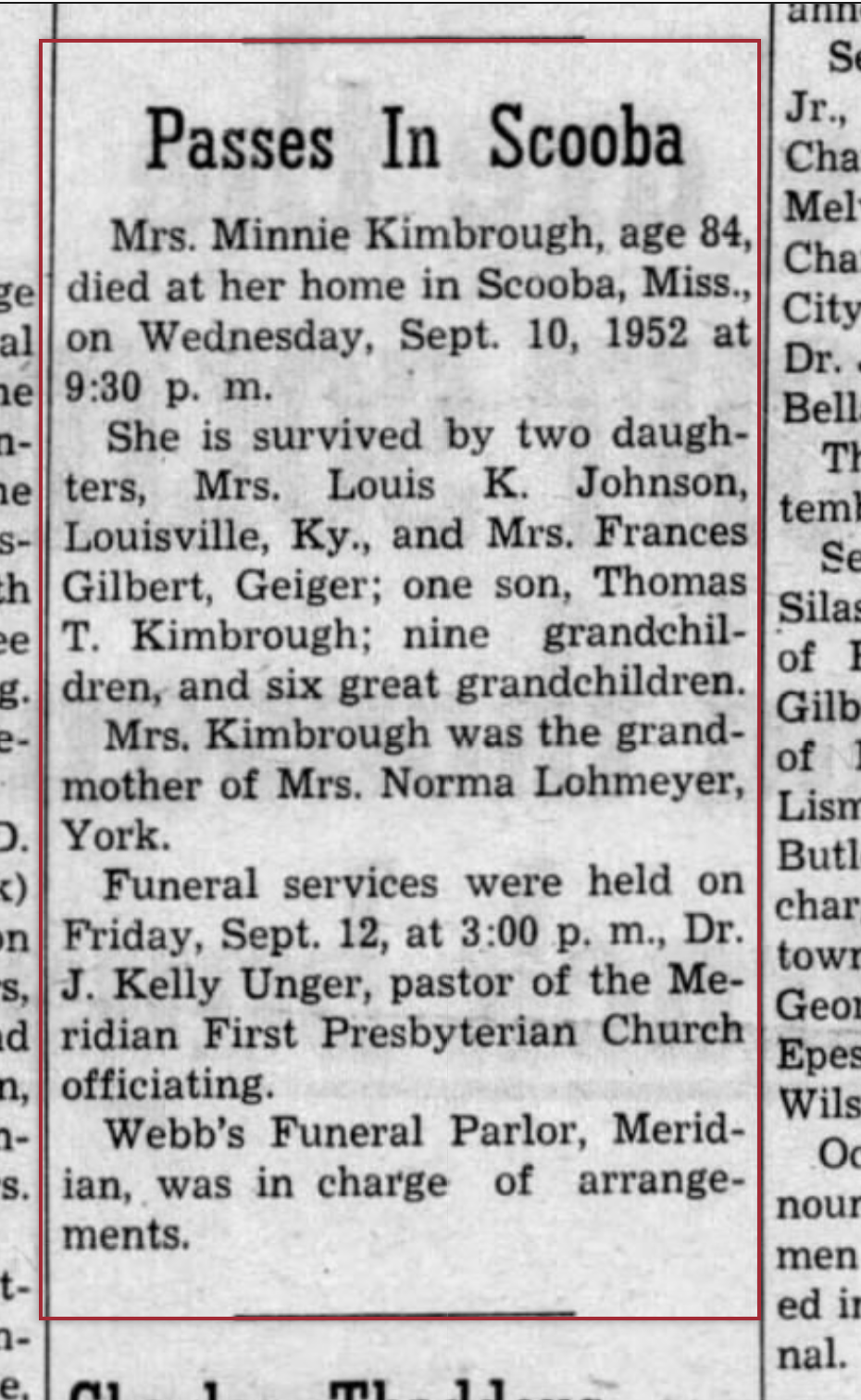
Source: Sumter County Journal (York, Alabama) September 18, 1952
1935 Mississippi Sales Ad for a Radio. Probably similar to the one Minnie Howard Jackson had in her home
